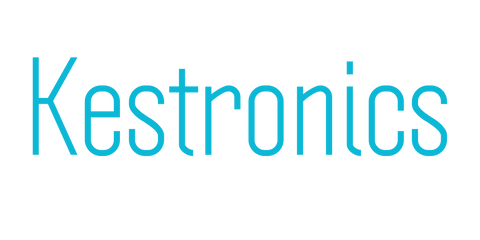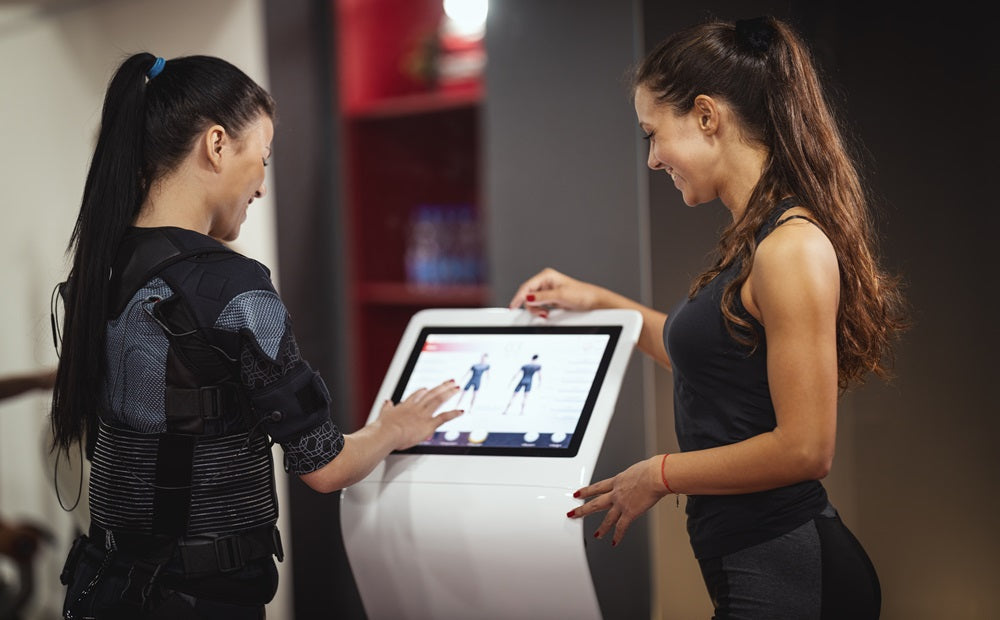In today’s fast-paced and technology-driven world, kiosks have become an essential tool for improving customer experience, streamlining operations, and providing instant access to services and information. From retail stores to healthcare facilities, kiosks are everywhere — but not all kiosks are created equal.
Here’s a look at the 10 most common types of kiosks and how they’re used across different industries:
1. Self-Service Kiosks
 These kiosks empower users to complete tasks independently without the need for staff. Commonly used in:
These kiosks empower users to complete tasks independently without the need for staff. Commonly used in:
-
Retail for checkouts and returns
-
Fast food chains for placing orders
-
Airports for check-in and boarding passes
-
Banks for ATM services
They enhance efficiency, reduce queues, and improve overall customer satisfaction.
2. Information Kiosks

Designed to provide quick access to useful information, these kiosks are found in:
-
Museums and galleries
-
Shopping malls for store directories
-
Hospitals for wayfinding
-
Tourist attractions with maps and local tips
They’re ideal for helping users navigate unfamiliar environments.
3. Ticketing Kiosks

These kiosks simplify ticket purchases, allowing users to avoid lines. You’ll find them in:
-
Public transport stations
-
Cinemas and theaters
-
Theme parks
-
Concert and event venues
They’re a reliable, 24/7 solution for efficient ticketing.
4. Parking Kiosks
 Parking kiosks are used to manage and streamline parking services. They typically allow users to:
Parking kiosks are used to manage and streamline parking services. They typically allow users to:
-
Pay for parking with cash or card
-
Print or scan parking tickets
-
Extend parking sessions via mobile apps
Essential for smart city and urban infrastructure planning.
5. Survey and Feedback Kiosks
These kiosks help businesses capture real-time customer feedback. Commonly used in:
-
Retail environments for post-purchase surveys
-
Hospitals and clinics for patient satisfaction
-
Hotels and restaurants for guest feedback
They offer valuable insights into customer satisfaction and service quality.
6. Interactive Kiosks
With touchscreens and multimedia capabilities, these kiosks provide engaging experiences such as:
-
Virtual product catalogs
-
Interactive maps and directories
-
Surveys and quizzes
-
Educational content in public spaces
Perfect for increasing customer engagement and brand interactivity.
7. Advertisement Standing Displays
 These digital kiosks are used for dynamic content delivery and advertising. You’ll see them in:
These digital kiosks are used for dynamic content delivery and advertising. You’ll see them in:
-
Airports and malls
-
Outdoor locations
-
Exhibitions and trade shows
They’re often remotely managed and used to display ads, announcements, or promotions.
8. Healthcare Kiosks
 These kiosks support patient care and administrative processes in medical settings. Applications include:
These kiosks support patient care and administrative processes in medical settings. Applications include:
-
Check-in and registration
-
Appointment booking
-
Health screenings
-
Telemedicine consultations
They enhance the efficiency of healthcare delivery and reduce waiting times.
9. Temperature Screening Kiosks
Popularized during the pandemic, these kiosks ensure safety and hygiene by:
-
Automatically checking body temperature
-
Alerting staff in case of fever
-
Controlling access to buildings
Used in offices, schools, hospitals, and event venues.
10. Wayfinding Kiosks
Wayfinding kiosks help users navigate large or complex locations. Common use cases:
-
Universities
-
Airports and transportation hubs
-
Corporate buildings and hospitals
-
Convention centers
They provide real-time directions and location search functions, often with interactive maps.
Final Thoughts
Kiosks have become a cornerstone of modern service delivery. By understanding the various types available, businesses can choose the most suitable kiosk solution for their needs — whether it’s to boost efficiency, improve customer engagement, or enhance safety.
As technology continues to evolve, we can expect kiosks to become even smarter, more interactive, and more deeply integrated into our everyday lives.

